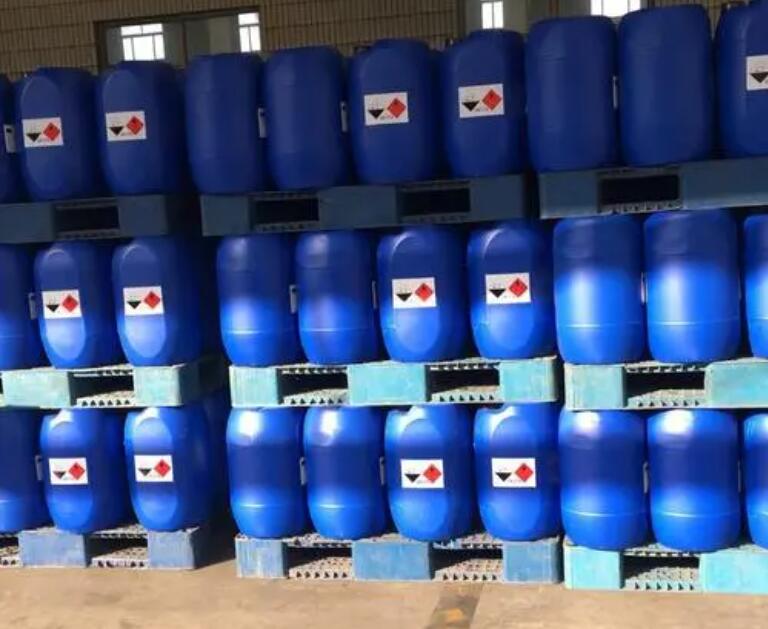Sinoright Blog
What are the Industrial Uses of Formic Acid?

What are the industrial applications of formic acid?
Pharmaceutical industryIt can be used in the processing of caffeine, anandamide, aminopyrine, aminophylline, theobromine ice tablet, vitamin B1, metronidazole, mebendazole.
Pesticide industry
It can be used in the processing of pesticide, triadimefon, tricyclazole, triamcinonazole, triadimefon, strobilurin, eniconazole, insecticidal ether, dicofol.
Chemical industry
Used in the manufacture of calcium formate, sodium formate, ammonium formate, potassium formate, ethyl formate, barium formate, dimethyl formamide, formamide, rubber antioxidant, pentaerythritol, neopentyl glycol, epoxidized soybean oil, epoxidized soybean oleic acid octyl ester, tertiary glutoyl chloride, paint stripper, phenolic resins, pickling of steel plates;
Leather industry
Used in the manufacture of leather tanning softening agent, de-ashing agent, neutralizing agent, etc.;
Rubber industry
Used for organic synthesis of natural rubber coagulant, rubber antioxidant, etc.;
Textile and printing and dyeing industry
Formic acid is used to eliminate the nitrous acid gas produced by the sodium nitrite method of printing and dyeing, weak acid dyes and neutral complexing dyes dyeing additives, reactive dyes dyeing nylon dyeing additives. Formic acid will not remain on the fabric during the dyeing and printing process, is more acidic than acetic acid, and can reduce chromium VI, so it can improve the utilization rate of dyes in the chromium mordant dyeing process. Use formic acid instead of sulfuric acid can avoid cellulose degradation, and moderate acidity, dyeing are Xi, so it is an excellent dyeing agent.
Food industry
Edible formic acid is used for disinfection and antiseptic in brewing industry, as cleaning and disinfecting agent for cans, and as preservative for fruit juice and food.
Feed additives
Food grade formic acid is used to make feed additives, and has great potential in silage. Formic acid has the function of inhibiting or preventing the growth of mold, the feed can change the natural form of fermentation, often add lipoic acid to enhance the anti-mold effect. With formic acid treated green fodder fed to dairy cows can prevent the winter milk production, fattening effect is also significantly improved.
The production of CO
Chemical formula: HCOOH = (concentrated H2SO4 catalyzed) heating = CO + H2O
For reducing agent
Determination of arsenic, bismuth, aluminum, copper, gold, indium, iron, lead, manganese, mercury, molybdenum, silver and zinc. Determination of cerium, rhenium and tungsten. Test aromatic primary and secondary amines. Determination of relative molecular mass and solvents for crystallization. Determination of methoxy. Used as fixative in microanalysis. Manufacture of formic acid salts.
As a chemical cleaning agent
Formic acid and its aqueous solution can dissolve many metals, metal oxides, hydroxides and salts, generated by the formate salt can be dissolved in water, and thus can be used as a chemical cleaning agent. Formic acid does not contain chlorine ions, can be used for cleaning equipment containing stainless steel materials.
